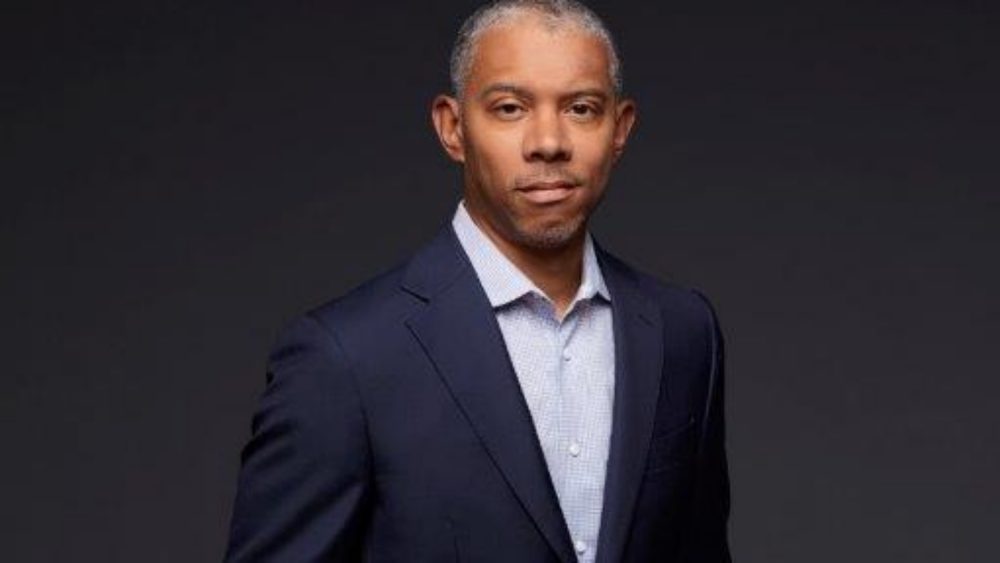The world is still mired in the devastation of COVID-19 and its effect on healthcare, the economy, and society at large will be felt for years to come. In his new book, The Emergency: A Year of Healing and Heartbreak in a Chicago ER, University of Chicago Medicine doctor Thomas Fisher recounts his experience as an emergency room physician amid the chaos of the pandemic and addresses the impact that an unjust healthcare system has on his South Side patients.
Chicago Defender: Was your decision to write the book solely inspired by the pandemic?
Fisher: I began writing the book before the pandemic hit. I have worked on the health of Black folks on the South Side of Chicago since the early 2000s and over time, I’ve had successes and failures, but very little has changed. The book was to outline “Well, why can’t we do better than what we’re doing now? Why is it that there’s a 30-year life expectancy difference between men in Englewood compared to those in the Gold Coast?”
Chicago Defender: It seems the pandemic motivated you even more to write the book…
Fisher: I just took advantage of that to tell the stories of the people who came to receive care and to describe how our society protects some and leave others vulnerable to illness.
Chicago Defender: In The Emergency, you talk about when the pandemic was looming; from your place as a physician, once it was official, what were your initial thoughts?
Fisher: I was terrified! We didn’t know exactly what to expect. This is a disease we had never seen before. We had very little information, and much of what we had was unreliable. There was Ebola, the anthrax scare, and then, of course, there is [always] the flu, but this was something different. It was an airborne virus that was killing doctors, nurses, pharmacists, and others who were doing their best to care for each other. I thought that I too might fall ill.
Chicago Defender: In the book, you incorporate letters to your patients that read like reflections. Tell us why you chose to format it this way.
Fisher: I wanted to do it in a way that was honest and approachable and so in early versions, they weren’t so much “letters;” they were more like, “Let me tell you about ‘X or Y’ or why people wait five hours in emergency departments.” That made it much more approachable and brought it right back down to earth.
 Chicago Defender: The inequity of healthcare, particularly for Black Americans, is pervasive throughout the book; this imbalance even points to the University of Chicago’s facility. Was there ever any concern that you were airing dirty laundry about the bureaucracy there?
Chicago Defender: The inequity of healthcare, particularly for Black Americans, is pervasive throughout the book; this imbalance even points to the University of Chicago’s facility. Was there ever any concern that you were airing dirty laundry about the bureaucracy there?
Fisher: This is not unique to a workplace or a city—it’s everywhere. I didn’t feel much concern because the finger is ultimately being pointed at all of us, to the extent that we’re all Americans—and to the extent that we won’t be able to fix healthcare until we fix society, until we no longer structure our resources according to racial caste, and until we stop elevating profit over people. This is a universal story, which is why I thought it was important to tell.
Chicago Defender: Over the course of journaling and writing the book, did you discover anything new about yourself?
Fisher: I learned to write! It is one thing to write brief memos or an academic article, but it’s a whole other thing to write a book. I also learned [because of the pandemic] that having everything stripped away—with no basketball to watch or restaurants to go to—that the only thing that matters is that we have our loved ones and friends. COVID made that clear, and I invested more deeply in the people I care about.
Chicago Defender: How have your colleagues in the medical community responded to the book?
Fisher: It’s been an outpouring of support. Many folks on the front lines, like those in emergency medicine, see themselves in these stories. Sometimes, we face an emergency department full of critically ill people who we are struggling to take care of—and we’re forced to decide who’s next—when really, everybody should be next. That moral weight is heavy and speaking honestly about that really resonated with my colleagues both locally and broadly.
Chicago Defender: What do you want readers to take away from The Emergency?
Fisher: The United States has taken our best collective health assets and transferred them to the wealthy, healthy, and largely white [population], and it is Chicago’s segregation that has forced Black folks to endure the gauntlet of health risks that we face given the policies that have been put in place. All that’s required for them to stay in place is for us to do nothing, look the other way, and blame the victims. What I’d like readers to realize is that we can do differently, and if we believe we have a shared humanity and that we owe each other health and healthcare, then we also owe it to one another to make some changes.



